And just like that, she’s gone. In one of the biggest shocks to hit New Zealand politics since that late night in 1984 when a clearly inebriated Robert Muldoon called a doomed snap election, Jacinda Ardern has announced her resignation as New Zealand prime minister after five years in power.
Some may argue that she is ‘getting out at the top’. But anyone with serious knowledge of New Zealand politics can recognise the sight of a prime minister getting out before an election they feel they are unable to win. Kiwi political leaders (as with our cousins in Australia) have a proud tradition of leaving office (either voluntarily or not) if defeat appears to be on the horizon.
History will remember Ardern’s time in office as evidence that one cannot govern with good intentions alone
And there are certainly clouds on the horizon for the Kiwi Labour party. After sky high approval ratings for much of Ardern’s premiership, the last 12 months have seen the party’s popularity crash. Even her own personal brand has taken a major knock, with her personal popularity slipping from 46 per cent at the last general election into negative territory for the first time this month.
This fall in support has also been reflected in party polling and by-election results. In 2020 Ardern led the centre-left Labour party to more than 50 per cent of the vote, the first time a single party has achieved this since 1951. Since then, the decline has been impressive, even compared with the British Conservative party’s recent efforts to turn off the electorate. Polling support for Labour has now shrunk as low as 25 per cent. You don’t need to be a political analyst to see the impact of this drop.
If you had any doubts then the Hamilton West by-election should put them to bed. The bellwether seat saw the Labour vote fall by 22 per cent and the centre-right National party make its first gain in a by-election since 1985 – only its second since 1946.
The assumption by many outside New Zealand is that this reflects growing opposition to the government’s Covid policy. New Zealand was held up, for much of the pandemic, as a success story. By shutting the borders and implementing far more draconian policies than Britain (and for far longer), Covid-19 was stopped in its tracks on multiple occasions. New Zealand saw a comparatively low rate of Covid deaths (469 per million people), less than a fifth of the rate of British deaths, although at significant economic, educational and personal cost.
Yet, even in November 2022 public support for New Zealand’s Covid response was 57 per cent, still more than double the percentage who disapproved. Instead, the failure to deliver both Covid and non-Covid policies has been the catalyst for Jacinda’s waning support. On issue after issue the Labour government showed itself unable to provide effective policy solutions to the major problems facing the country.
When Ardern was elected in 2017, she not only took on the role of prime minister, but also minister for vulnerable children. She claimed at the time that child poverty was the number one issue facing her government. Yet today, according to the head of KidsCan (one of the biggest child poverty charities in New Zealand), ‘poverty is the worst it’s [ever] been for families’.
Much like in parts of the UK, this is being driven by skyrocketing housing costs. The average cost of a home in Auckland – New Zealand’s biggest city and economic capital – is now the equivalent of £700,000. In London, a home costs something like 15 times the average salary. In Auckland that ratio is 35 times.
The government response to high housing prices was Kiwibuild, a (planned) massive new house building project that would build 100,000 homes over ten years. According to the latest released figures, around 1,500 have been built. Last year, Megan Woods, the housing minister, promised a supercharged effort to build 1,000 houses a month. Three months after the announcement, eight were completed or under construction.
This failure has had real, and painful consequences for those areas the prime minister claimed to care about the most. When in opposition, Jacinda Ardern said that ‘kids living in cars…is not a sign of care’. The number of people living in their cars has quadrupled during the past five years.
The list goes on. On climate change, transport infrastructure, and even tree planting, the Ardern Government over-promised and under-delivered.
Many who know Jacinda consider her a genuinely nice person who means well. In government she has had a child and had her wedding plans turned into a political football. There is likely a lot of truth in the fact she says that she wants to step away to regain a family life. But as she leaves the political stage, history will remember her time in office as evidence that one cannot govern with good intentions alone.
Got something to add? Join the discussion and comment below.
Get 10 issues for just $10
Subscribe to The Spectator Australia today for the next 10 magazine issues, plus full online access, for just $10.

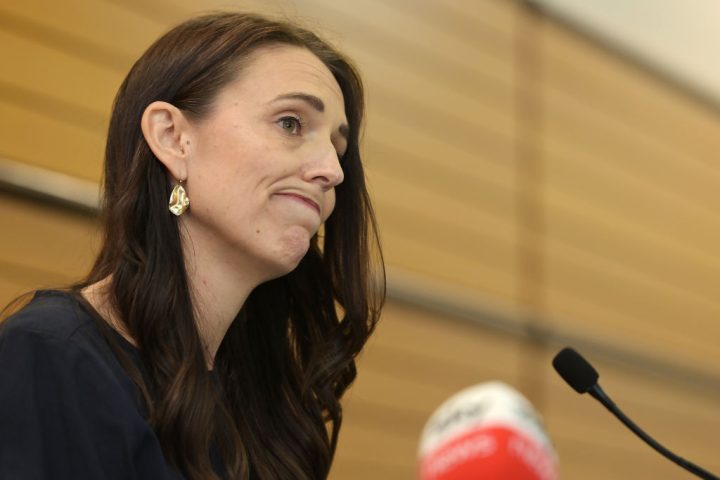
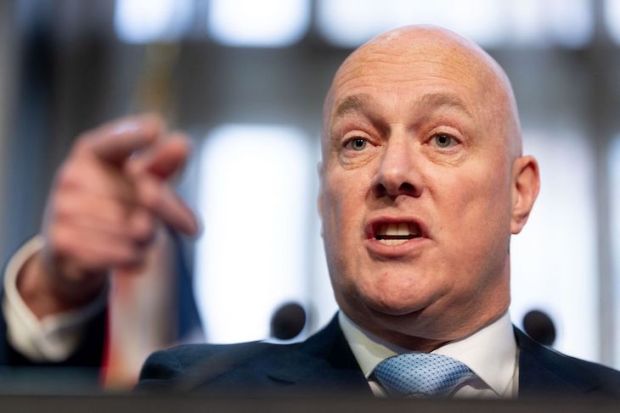
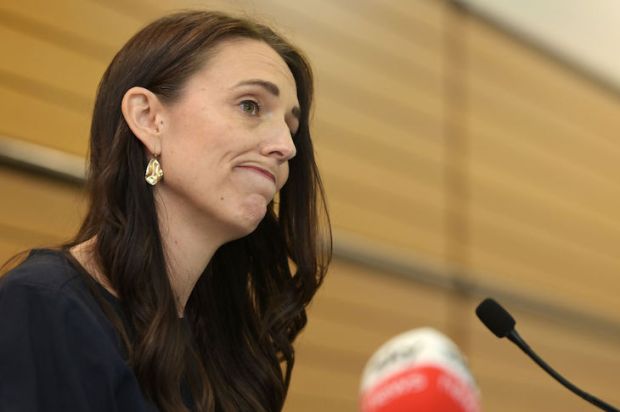
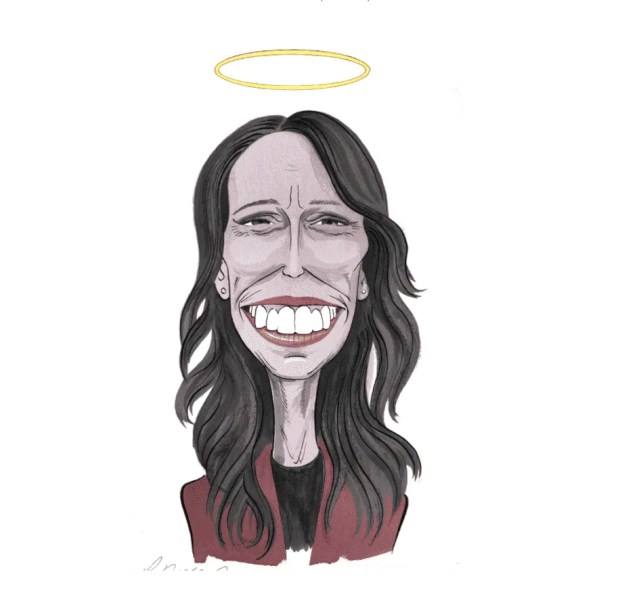
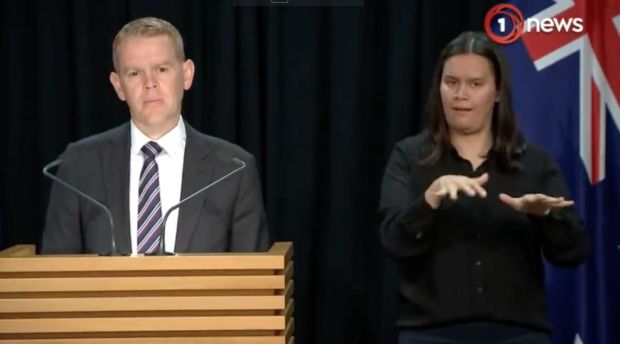
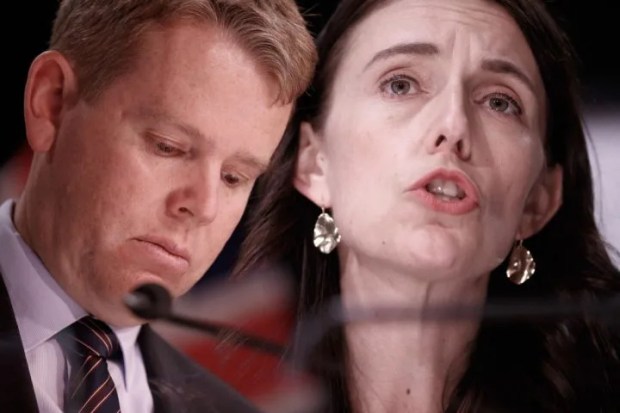













Comments
Don't miss out
Join the conversation with other Spectator Australia readers. Subscribe to leave a comment.
SUBSCRIBEAlready a subscriber? Log in